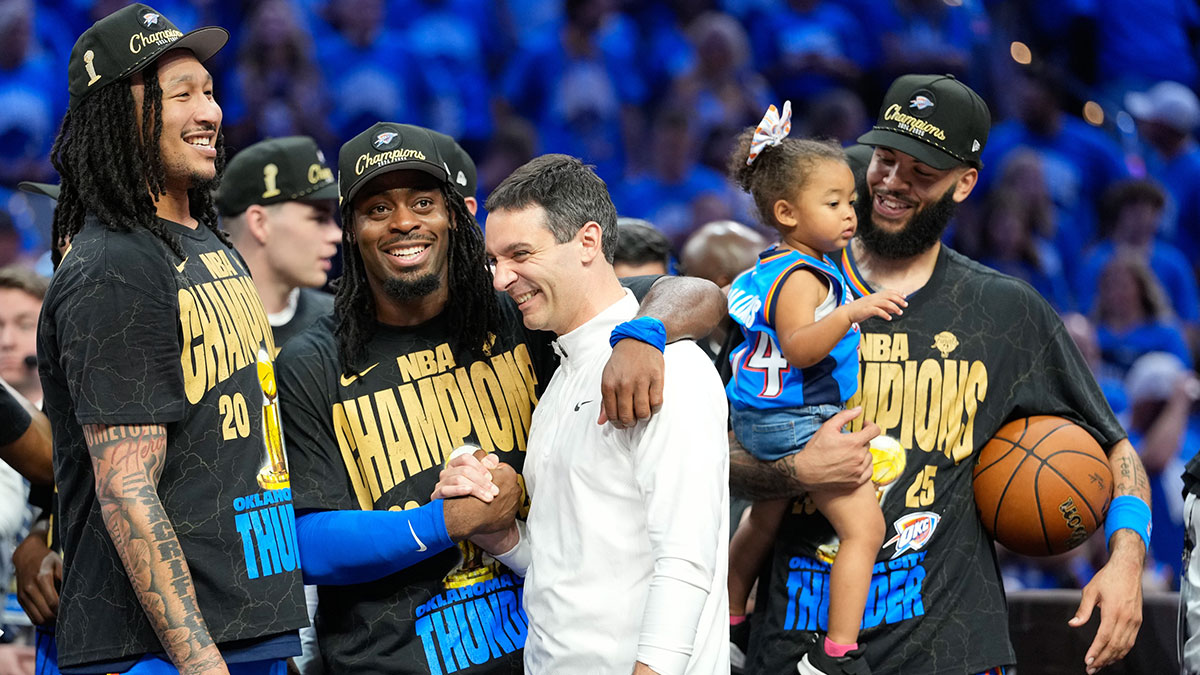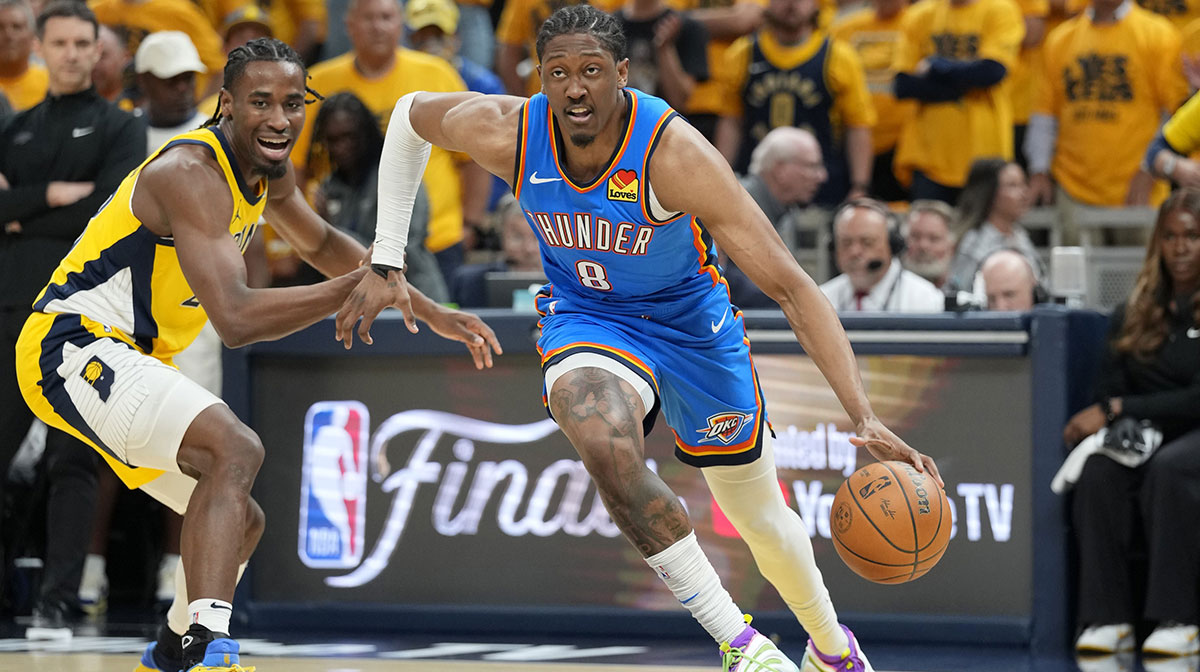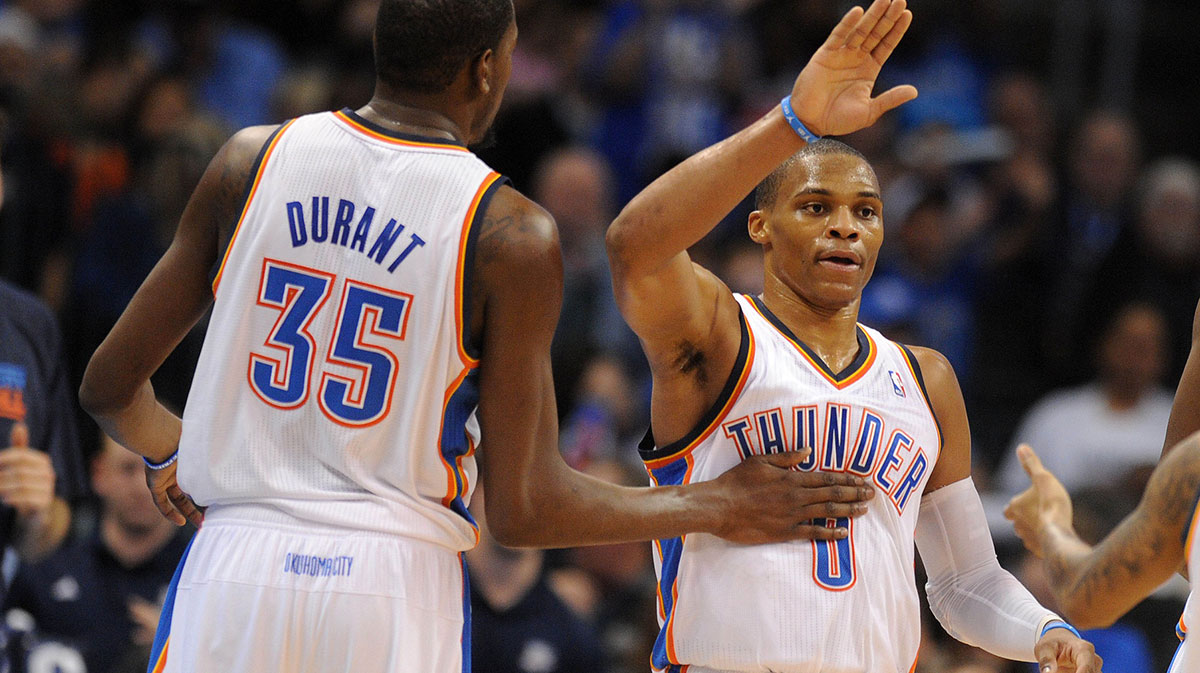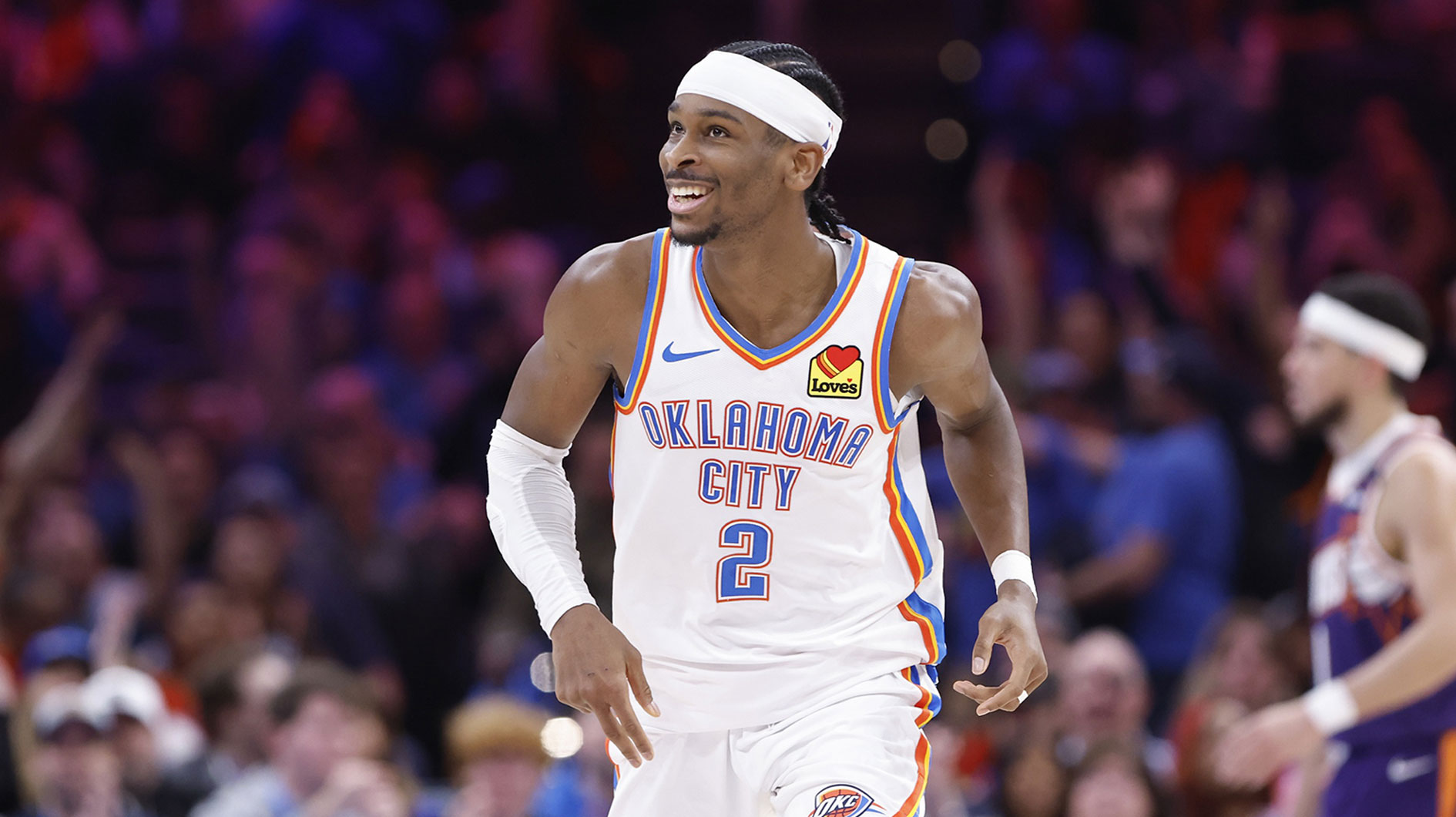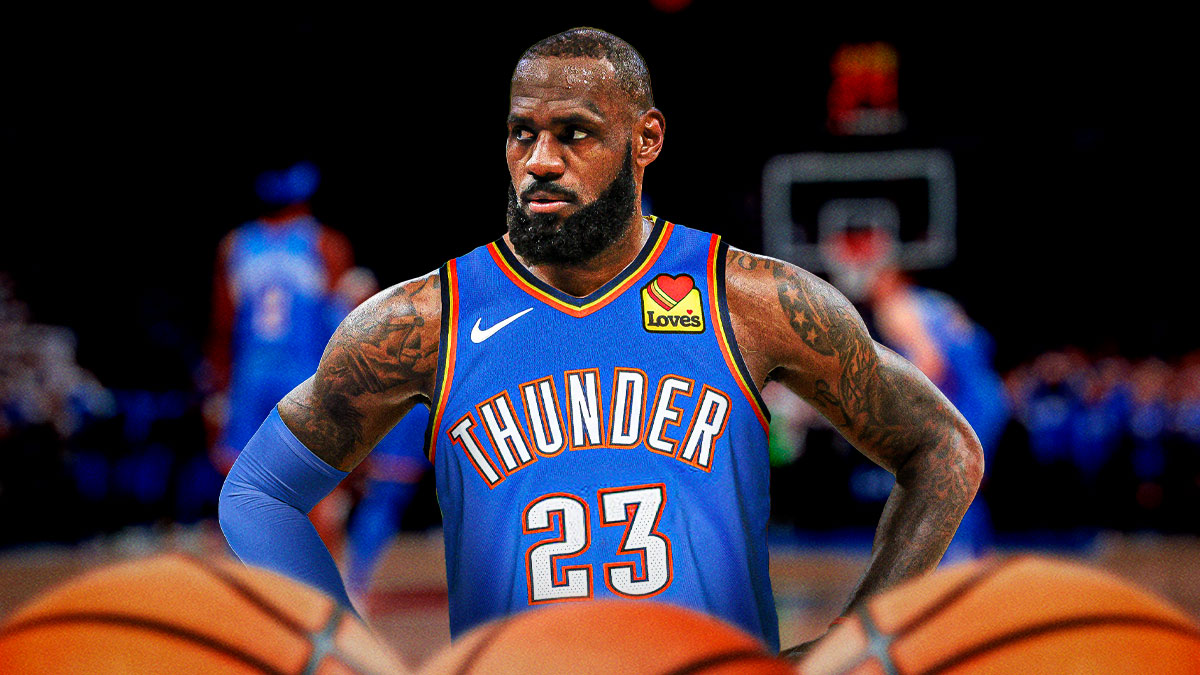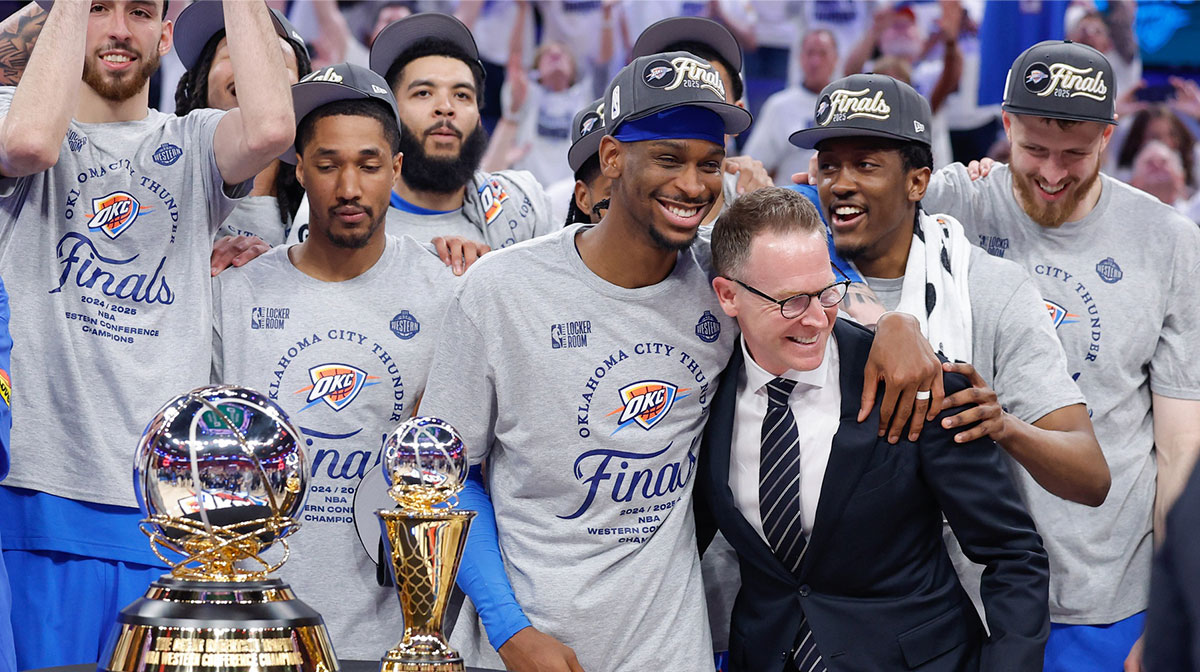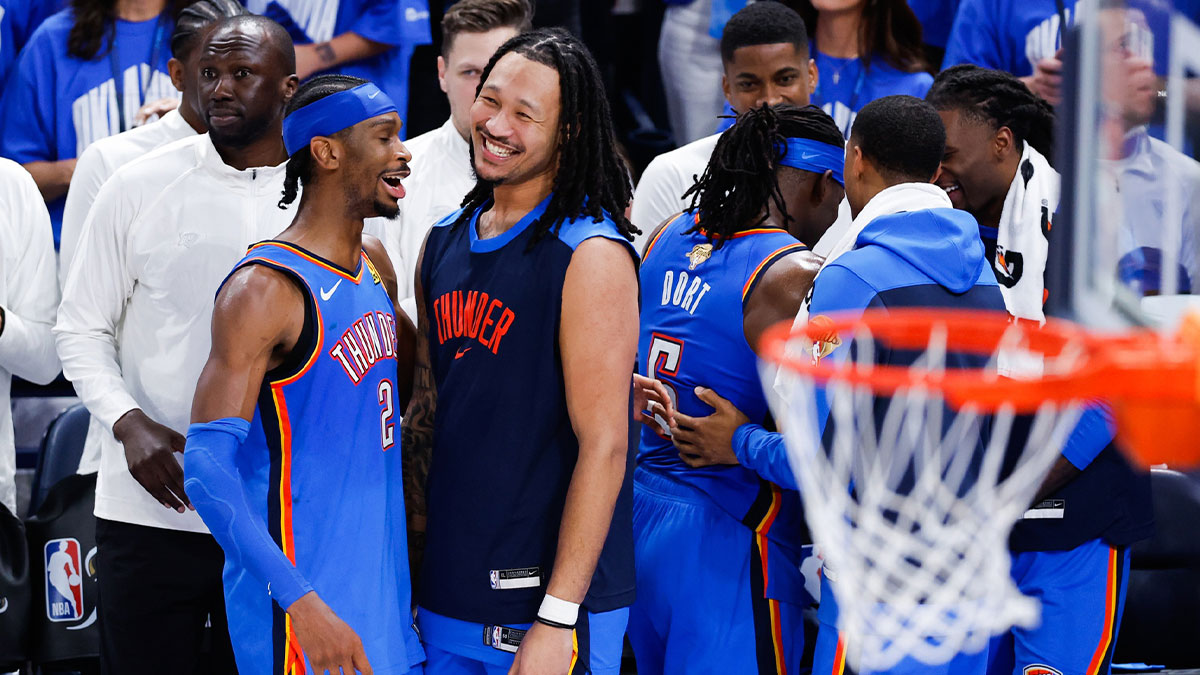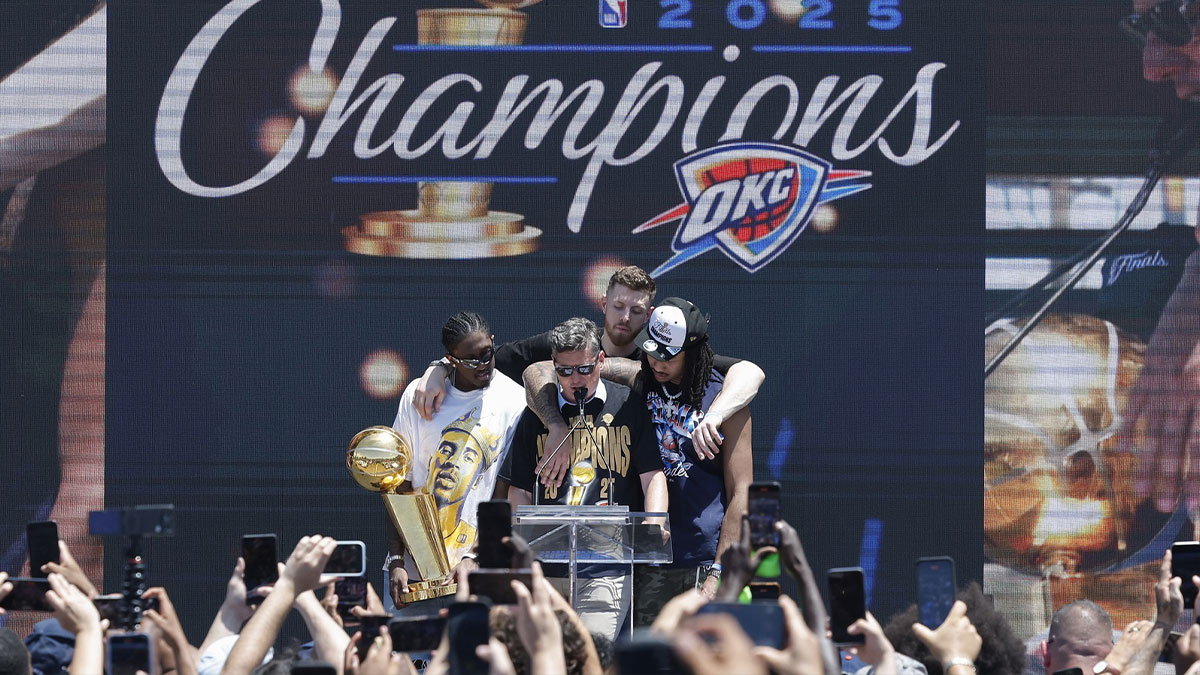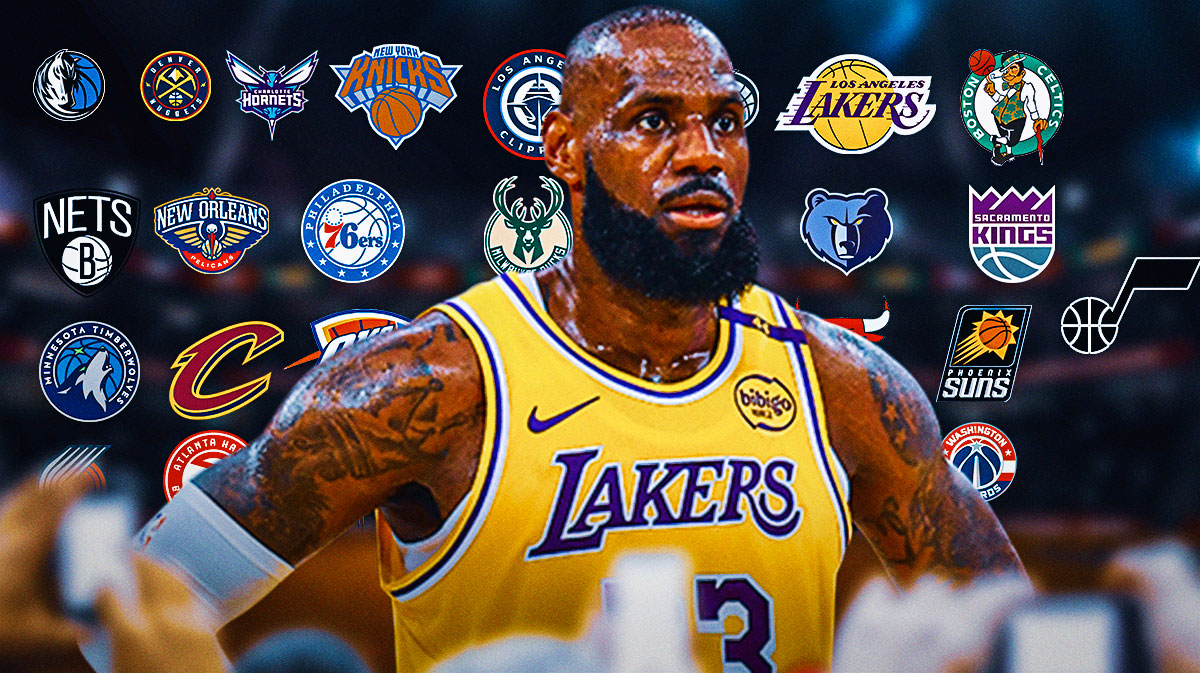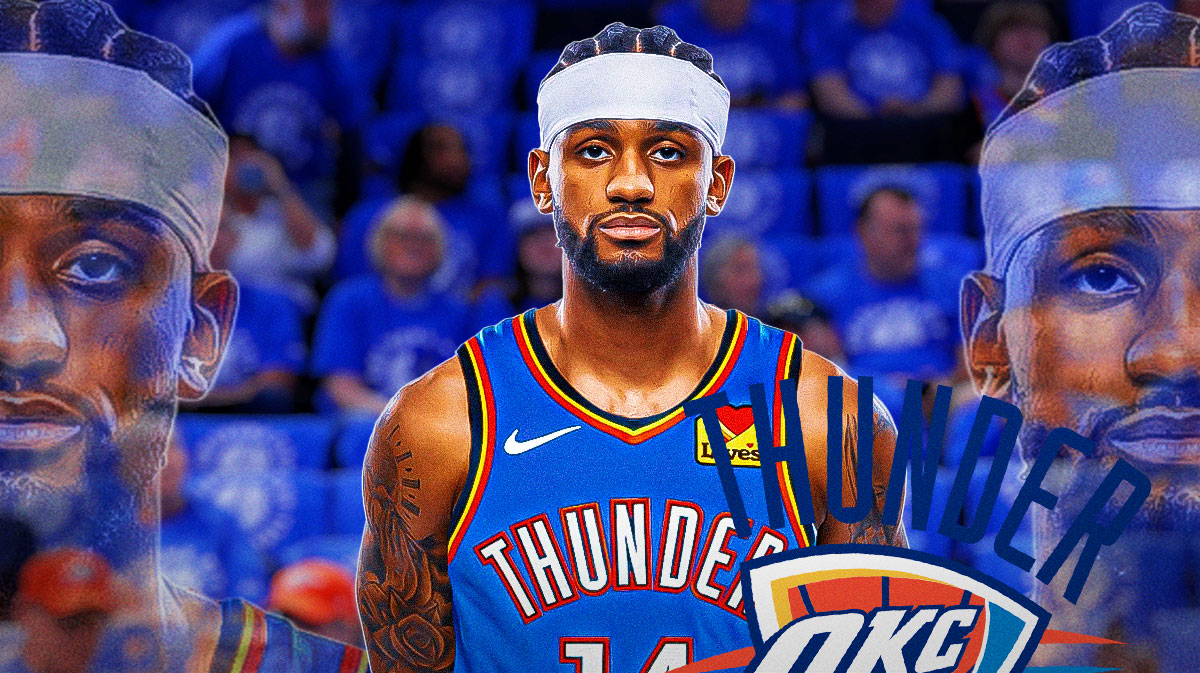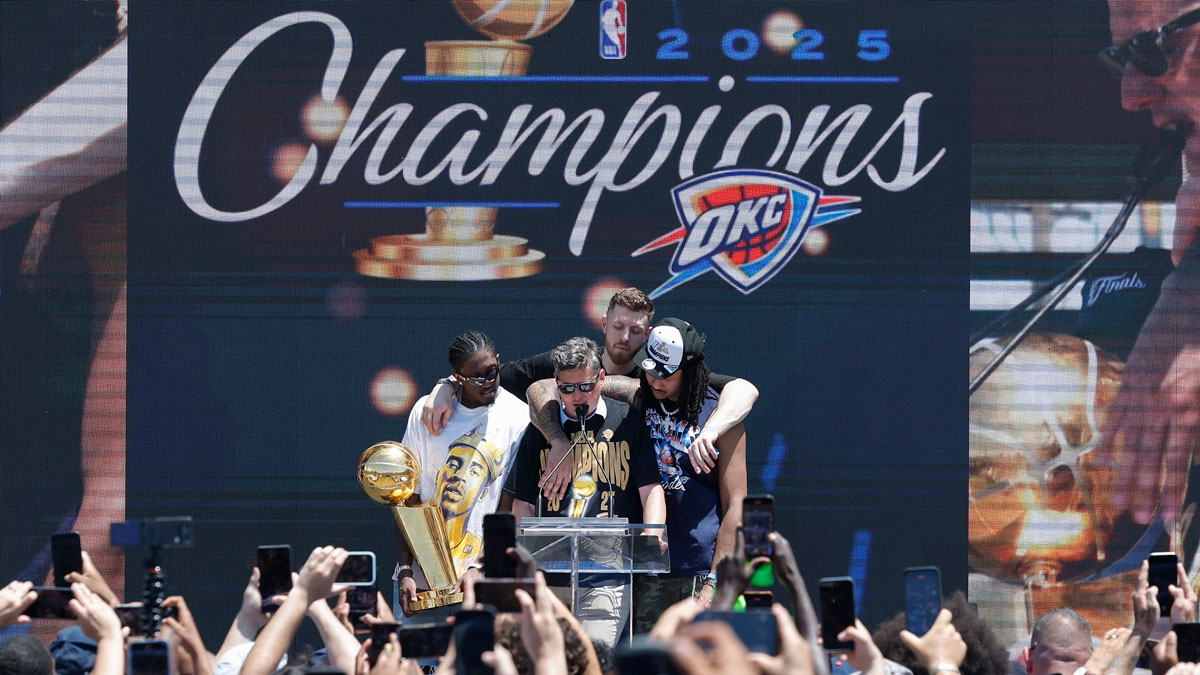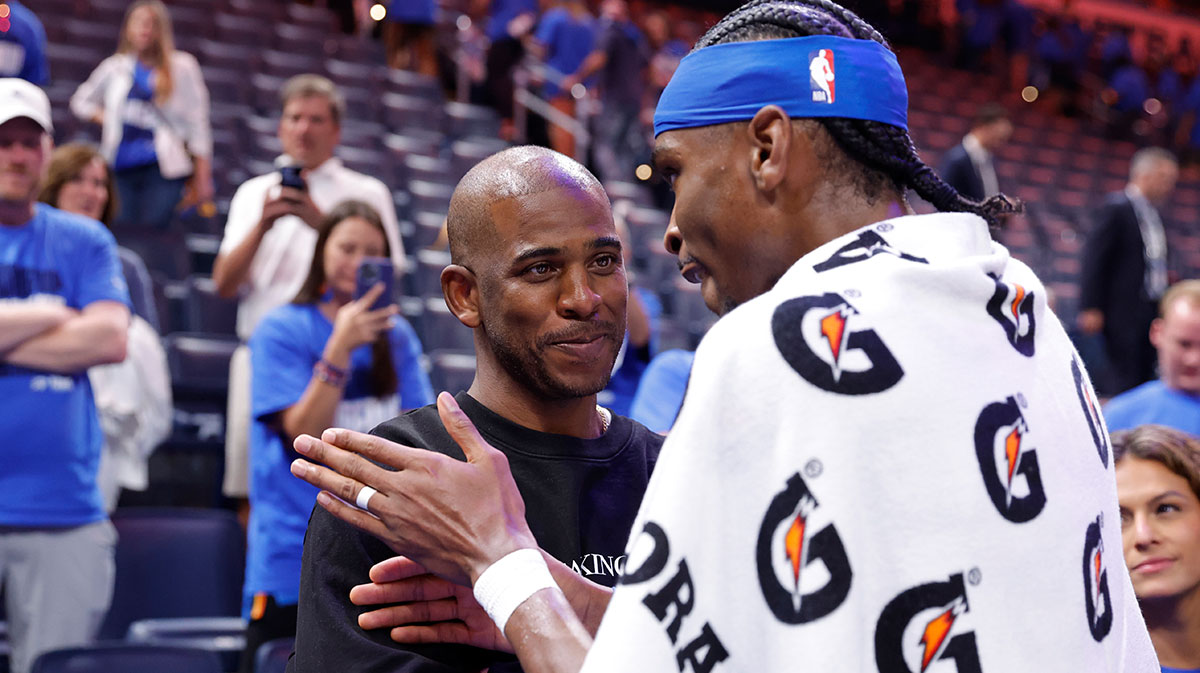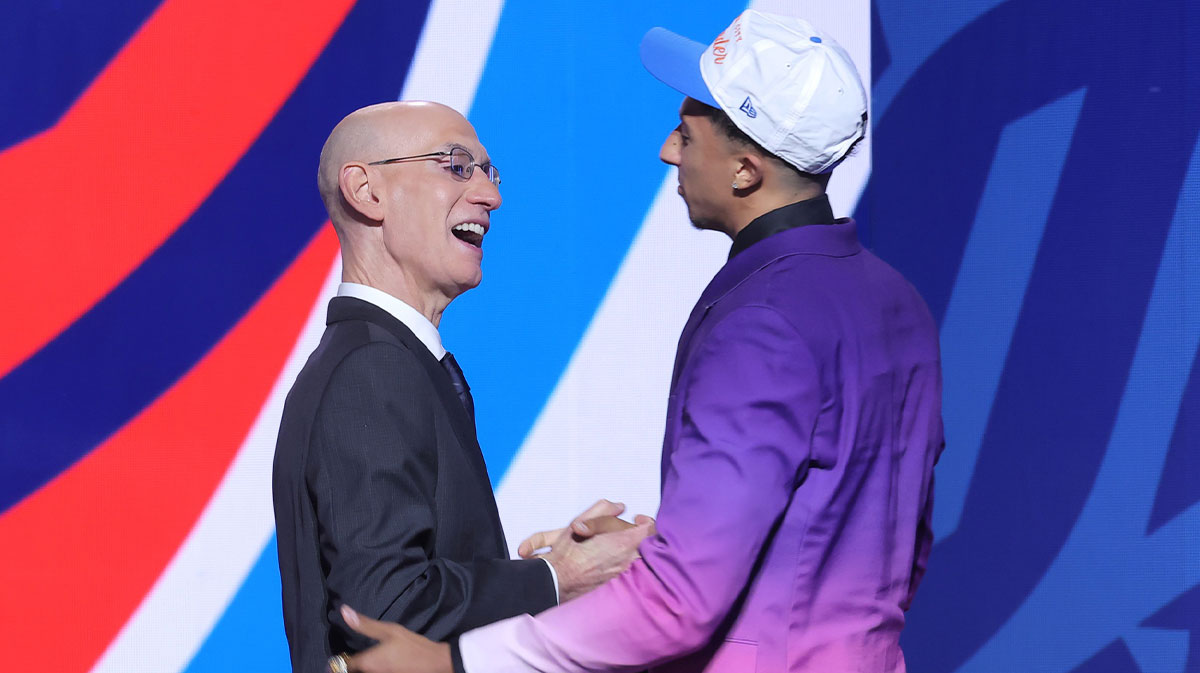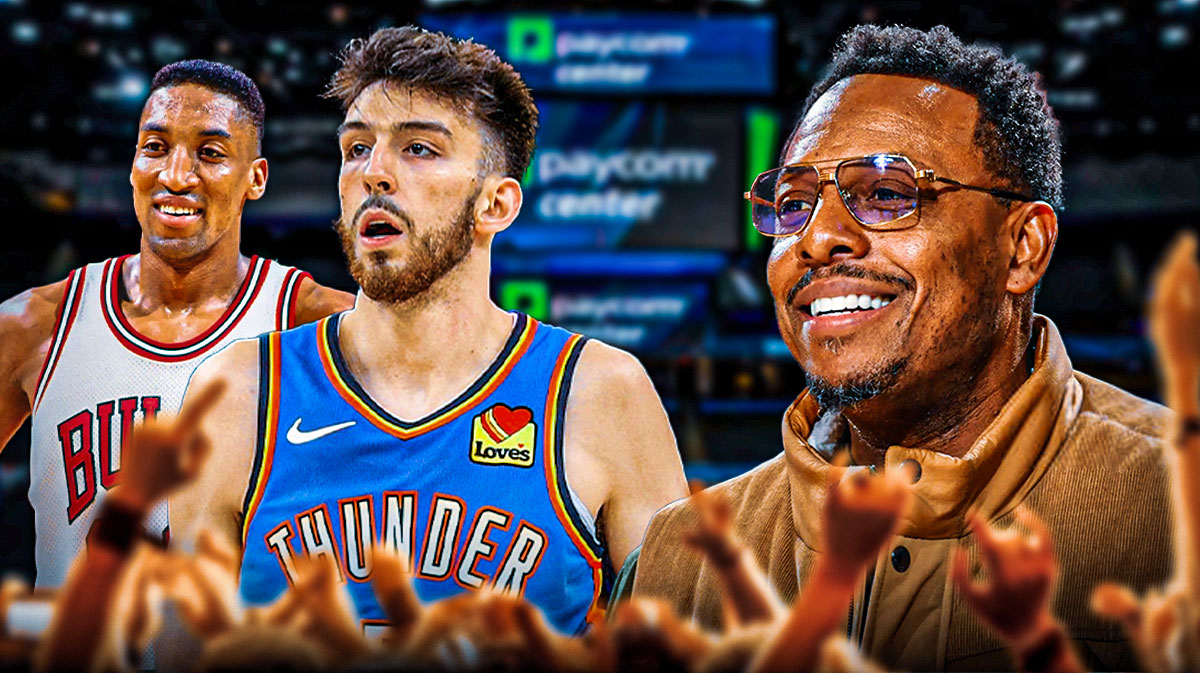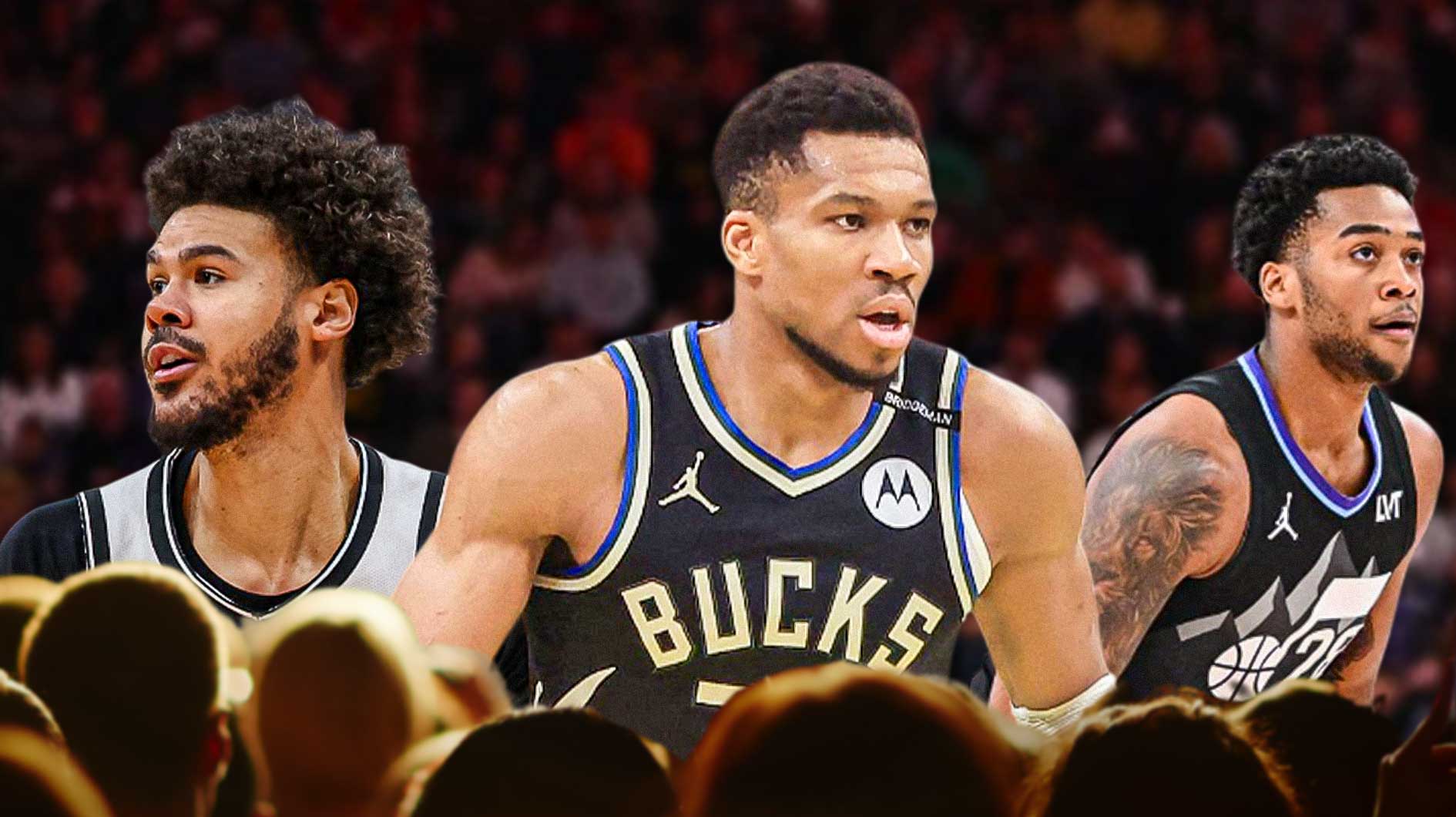The Oklahoma City Thunder had high expectations entering their playoff run. The chips seemed to be falling their way. They were going to be playing a Portland Trail Blazers team without their starting center, Jusuf Nurkic. The Thunder had swept the Blazers and won all four games against them in the regular season. And OKC fell on a side of the Western Conference bracket where they would avoid both the Houston Rockets and the Golden State Warriors in the first two rounds.
The path had opened up for a trip to the Western Conference Finals, and maybe even the NBA Finals if their two superstars could get it going. But their expectations met a rude awakening against the Blazers. Now down three games to one, the Thunder are left searching for answers. And maybe deservedly so, Russell Westbrook is taking the brunt of the blame.
While he's averaged 21 points, 9.8 assists, and 8.3 rebounds per game in the playoffs, he has been far from efficient. He's shooting 36% from the field, and a measly 30% from three.
So how can OKC claw their way back into the series? What will their former MVP have to do to will his team to the next level? Here are three changes that Westbrook should consider making if the Thunder want to be contenders, both now and in the future:
3) Take less three's
In the regular season, Westbrook was taking 5.6 three's per game, accounting for 28% of all of his attempted shots. Only one other season had Westbrook shot more three's than this past year. But he only made a dismal 29% of his triples this year. Of the top 50 players in three-pointers attempted this season, a list in which he shouldn't even be on, Westbrook's three-point percentage is the lowest.
Those aren't flattering stats for a former MVP who has averaged a triple-double in three straight seasons. And a number of his three-point attempts are ill-advised and stagnate the Thunder offense.
His propensity to take three's carried over into the playoffs. He's made seven of his 30 attempts in in the first round so far, but he was one of ten in the series' first two games. Not coincidentally, OKC lost both of those games.
In the playoffs, an average of 2.3 of his 5.8 three-point attempts per game have come from pull-up shots off the dribble. On pull-ups, Westbrook is making an undesirable 22% of those three's.
Conversely, Westbrook is making 38.5% of his three's off of catch-and-shoot plays. This trend is just a carryover from the regular season, when Westbrook made 26% of his pull-up three's, and 32% of his catch-and-shoot triples.
In short, Westbrook needs to trust his teammates more. Which might be a bit of a stretch from those numbers, but it reveals that Westbrook chucks up a lot more three's than he should, based on the percentages. And while Westbrook may defer to this shot to bail the Thunder out of bad possessions, the pull-up three off the dribble is a terrible shot for their offense–especially when Russell Westbrook is shooting it at such a poor percentage and it doesn't get any of his teammates involved.
He's lethal when he drives, and Westbrook has made 8.3 of his 21 points per game in the playoffs off of drives. He's also shooting 50% on shots off of drives. Westbrook should continue to drive and use his explosiveness to get to the rim, and cut down on the ill-advised triples.
Specifically in regards to his three-point shooting, he should be focusing on being a reliable catch-and-shoot threat to spread the floor. His pull-up three's are a bad shot almost every possession he takes them, and he should instead go for more drives and more of his deadly mid-range jumpers.
2) Set more screens
Setting screens isn't something Westbrook does a lot of now, and that's likely the product of coach Billy Donovan's offense. But if the Thunder want to be more than first-round exits, which they're on the verge of doing for the third straight season, they'll need to change things up.
For a model, let's look at the Golden State Warriors. Stephen Curry has changed the game with his three-point shooting, but Steve Kerr has taken full advantage of Curry's gravity by having him set screens for other players. A “screen assist” tracks the number of times a made basket comes as a result of a player's screen. In the regular season, Curry averaged 0.9 screen assists per game, which doesn't sound like a lot, but it's the second-most of all guards in the NBA, and the most if you don't count point forward Ben Simmons as a “guard.”
Curry will often screen for a shooter like Klay Thompson, or will even screen to free up Kevin Durant. With the lethal shooting and finishing ability of Curry, defenses are put in a whirlwind of chaos–having to decide when to switch, when to stay, when to top-lock, etc. And they'd have to communicate all of that in an instant, or else the screener or screen-receiver springs free.
The Thunder would benefit from having more off-ball movement, instead of Westbrook being a ball-stopper with his love of shooting. If Billy Donovan had Russell Westbrook setting more off-ball screens and pin-downs for teammates, it would open up the realm of possibilities and actions that could result from a Westbrook screen. Especially with his quickness and ability to get to the basket in the blink of an eye.
For example, setting a pin-down for a shooter, and then rolling to the basket, or starting to set a screen and then slipping it and getting to the rim. Probably every team could benefit from having their best player unselfishly set more screens instead of only using on-ball screens. More Westbrook screens, rolls, and cuts would be beneficial to the Thunder offense, and would decrease the amount of unwise shots he puts up.
1) Be smarter in transition
The Thunder love to get out and run. While only sixth in the league in PACE, which measures possessions per game, a deeper dive into the numbers reveals that OKC loves to get a quick shot off. They're the fastest team in the league in terms of time per possession, averaging only 12.9 seconds per possession. However, they're 16th in the NBA in points per possession, revealing that their quick possessions often yield bad shots.
Westbrook, in particular, loves to get out and run in transition. He, himself, averages seven possessions per game in transition, which is the highest in the NBA. But of the 18 players that average more than four possessions a game in transition, Westbrook has the lowest point-per-possession average, at 0.87 points per possession. That number speaks volumes about how inefficient he is in transition.
22.2% of Westbrook's transition opportunities end in a turnover. Of the aforementioned list of players averaging over four possessions/game in transition, thats the second-highest turnover rate in the league.
Westbrook is a gifted player in terms of his speed, strength, and explosiveness. But he'll have to be more controlled in transition, and know when to shoot, when to pass, and when to smartly back it out and wait for the offense to set up.
Merely slowing down may not necessarily be the answer, as Westbrook constantly plays at 100 miles an hour, and that's one of the things that makes him so hard to stop. But he's got to be smarter with the basketball, especially in transition, to stop wasting fast break opportunities.
There may not be one end-all solution to how Russell Westbrook can help take the Thunder to the next level. But he'll have to be smarter with his shots, and much, much more efficient, if he wants OKC to sniff the second round of the playoffs for the first time since Kevin Durant left.
If Russell Westbrook keeps doing what he's doing though, he'll continue to achieve individual brilliance and countless individual accolades. But his team will be sitting at home this summer, and in many summers to come.

